Here’s How A Waste Warrior From Nagpur Is Saving 1,000 Trees Every Month And Preventing Stubble Burning
'If you have never planted even a single tree in your entire life, you don't have a right to cut a tree for cremation. It's like spending money without earning it', explains 52-year-old Vijay Limaye from Nagpur who is asking people to replace wood logs with briquettes made from agricultural waste for cremation. 10 years ago, Mr Limaye from Nagpur, decided to find an alternative to wooden logs used in cremation. Here's how he replaced wooden logs with an eco-friendly alternative to protect the environment and saves at least 1,000 trees from felling every month.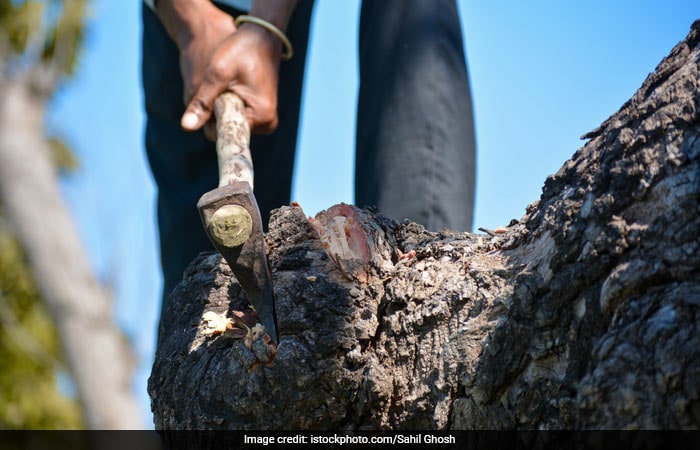
The concept of cutting trees at a tender age for cremation hit Vijay Limaye when tragedy struck home and Mr Limaye's father passed away. In 2010, after performing the last rites of his father in a traditional Hindu ceremony, Mr Limaye was left with a sense of guilt for having opted for wood for cremation and contributing to felling of trees.
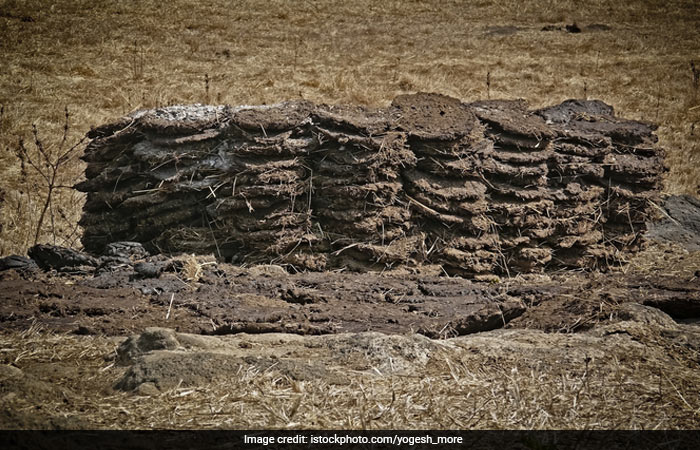
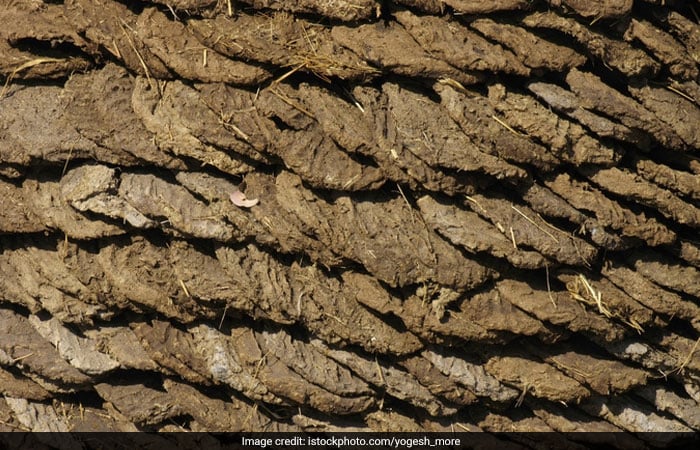
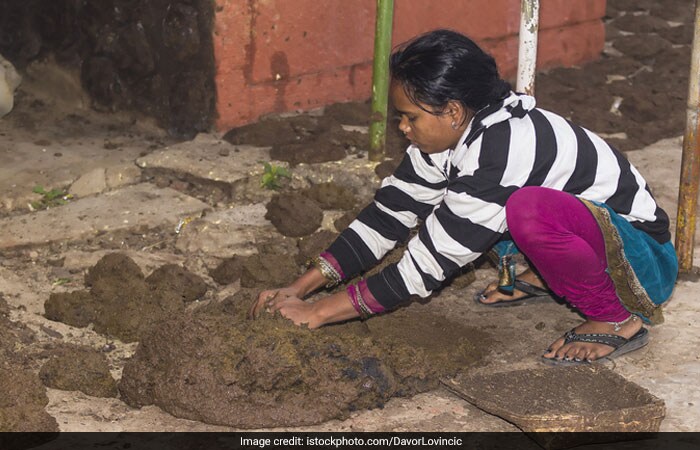
The project soon failed as people who would give dung cakes for Rs.1 per piece soon started demanding Rs.5 per piece because of which the overall cost of cremation increased from Rs.4,000 to Rs.10,000.
"We also realised that collecting cow dung and preparing dung cakes was a task during the rainy season. In the long run, we would not be able to meet the demand", said Mr Limaye.
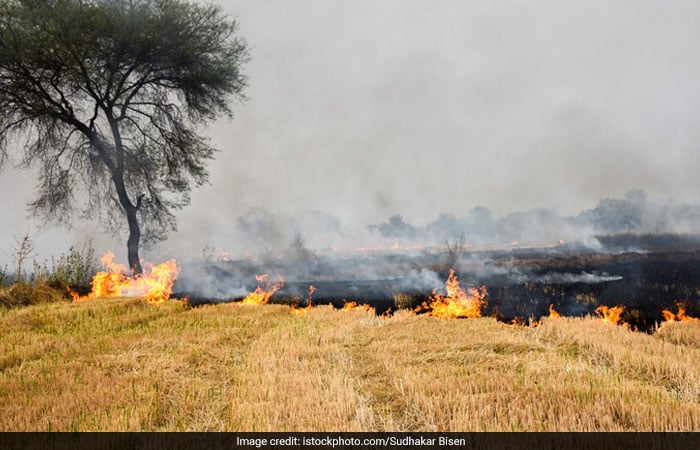
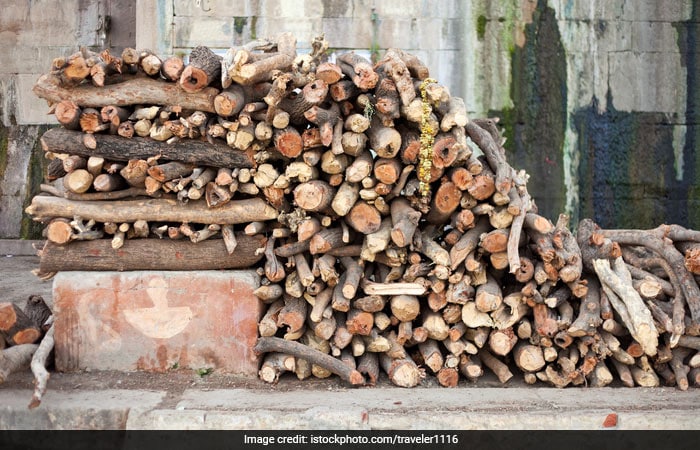
'I started spending hours at crematoriums, noting how much time it takes for a body to burn down completely (generally, three hours). I had to build something that could burn for at least three hours. Every now and then I would convince a family to use biomass briquettes for cremation and see how it works', recalled Mr Limaye.
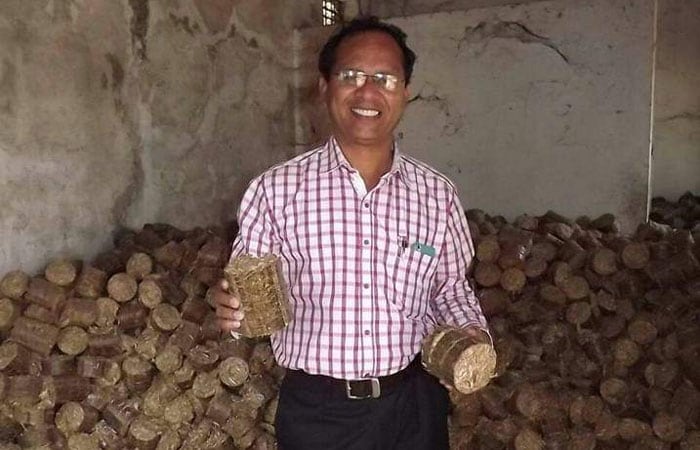
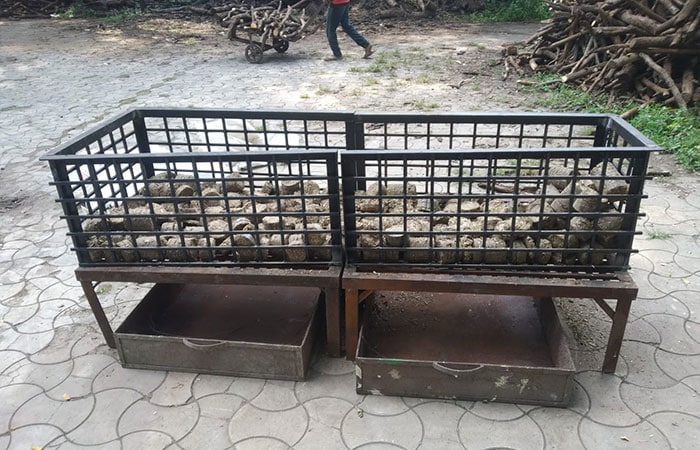
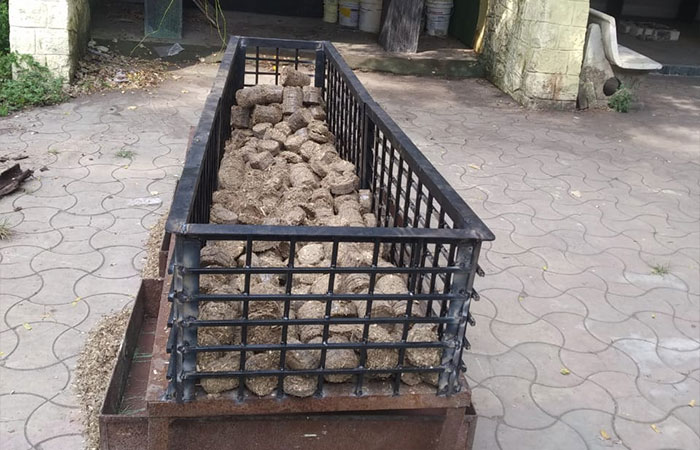
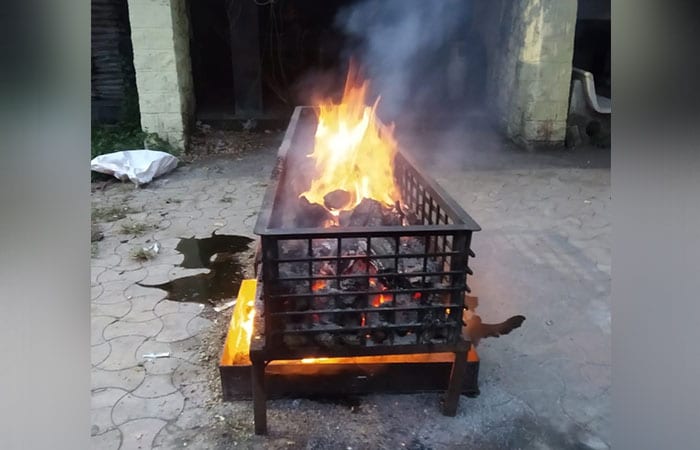
'Crop residue is burnt anyway. But by replacing it with wood logs, we are burning one less item which means less pollution. In addition to this, around 250 kg of briquettes is required as compared to 350 kgs of wood logs used in each cremation. Also, the cost of eco-friendly cremation is 20 per cent less than the traditional method (Rs.2,700 to Rs.3,000)', says the green warrior.















